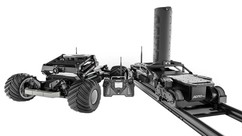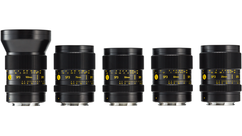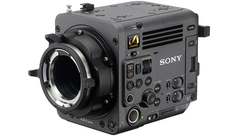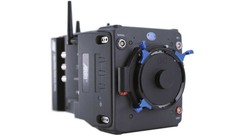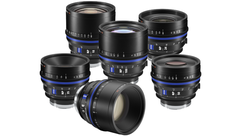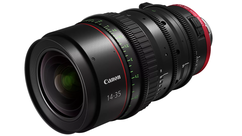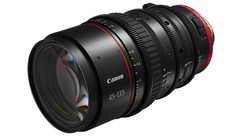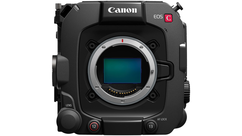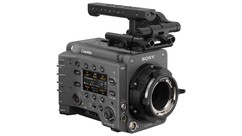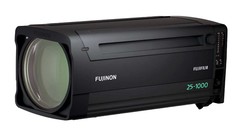You might recognize Tom Digges as one of our New York Rental agents. Tom's been with the Rental department for over three years, and he's also shot three short films that have gone on to a multitude of film festivals.
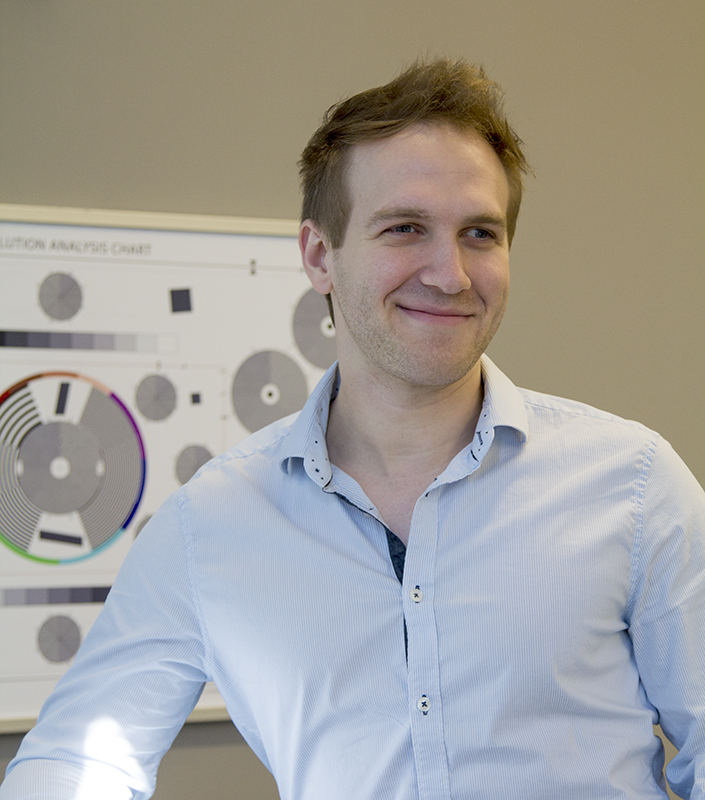
AbelCine: What do you love most about filmmaking?
Tom Digges: Films are just this amazing blend of so many modes of art, all wrapped up into one powerful story! First a writer puts a compelling story down on paper, and then it's elevated by the captivating performances of talented actors, beautiful visuals that are composed by the cinematographer, and a strategically crafted point of view dictated by the director. Meanwhile, some of the best artists in the fields of music, sound, production design, and visual effects further elevate the emotional environment of the story with their talents. All of these artists are creating their own layer that compliments the whole. Then being able to watch that final product on a massive screen with an immersive sound system, in the distraction-free environment of the theater, is just unlike any other experience in the art world.
Can you elaborate more on your personal experiences in the industry?
One of the most eye-opening projects I've ever worked on was a feature called When the Moon Was Twice as Big, which I sort of stumbled onto right after graduating college. The film was entirely self-funded with a small crew of maybe ten people. While it initially sounded incredibly ambitious, after I met with Producer John Killwey and Director/Producer Bill Jacobs, I was instantly on board. They were so passionate about the script, and genuinely trusted in me to get the job done, in spite of my lack of experience at the time. Throughout the course of that summer, I worked hard and eventually became the camera operator. Bill has an incredible eye, and the footage looked beautiful. We just really took our time with everything on that set, always thinking how we could get it to look even better. It really showed me how collaborating with a small group of passionate people can yield incredible results, especially now that high-end camera equipment is so accessible.
More recently, I've been able to continue to collaborate with my close friend Matthew Herbertz. He's a great Writer/Director, and he's given me the opportunity to work on some amazing films. About two years ago I served as his DP on a short film called A Man of God, shot in rural Ohio, which went on to screen at over 30 film festivals around the world. Seeing the visuals hold up on the big screen in front of a large audience was both humbling and exciting all at the same time. This past summer, I traveled out to his home state of Indiana and shot his first non-student film, Relax. So far, we've been accepted to four festivals, but it's still very early in the submission process.
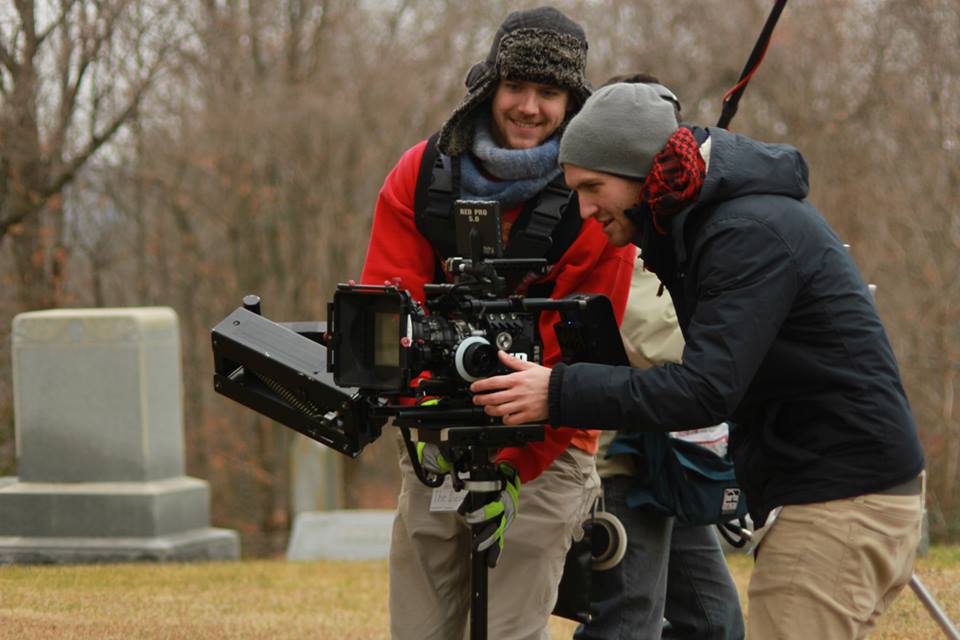
What's your best advice for creatives in any discipline?
It's important to never stop asking questions. I'm a huge proponent of continually striving for growth, not only as an artist but as a human being; if we believe we have all the information, we grow complacent. There's also an exciting energy that comes from having a new perspective to bring to your work or life. So, I'd say just keep learning and growing from everything. Whether it's the good or the bad, try to commit to experiencing or understanding all aspects of that thing. If you turn yourself off to ideas that don't compliment your own, there's nothing to be gained.
How has AbelCine benefitted you?
I think the creative environment that AbelCine has developed is incredible. The community events that we hold here are invaluable to all sorts of filmmakers – you can talk to practically anyone on the floor and learn something or make a new connection. This building isn’t just where people come to perform a transaction; it’s really a place where ideas are shared! A majority of our team comes from a creative background, so we’re always building deeper conversations with the client and offering our professional expertise when we can. We're collaborating on the best package for the job and really getting involved with the needs of a production. I like the idea of having contributed more than just a quote for someone at the end of the day.
This interview has been slightly edited and condensed.
